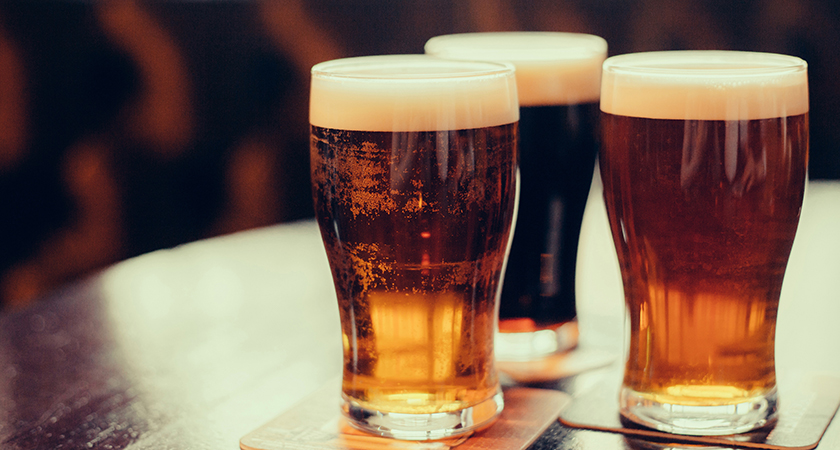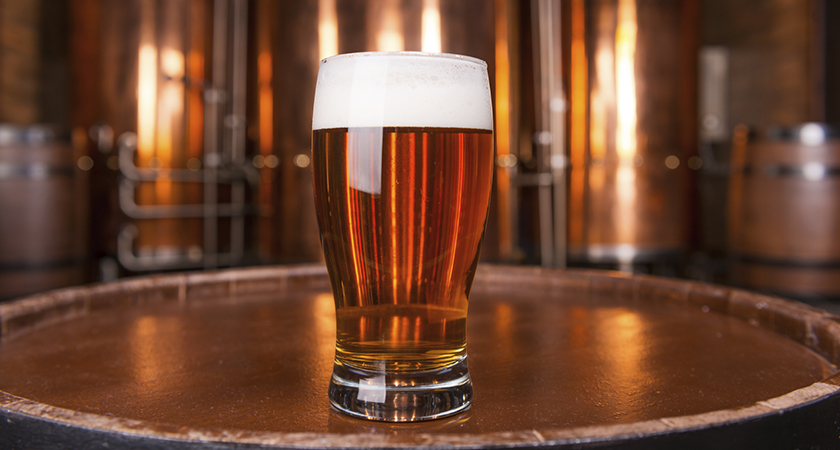Pubs, bars, and restaurants are bracing themselves for a major beer crisis that could have a knock-on effect on things like fizzy drinks and even food like burgers.
It's all because of a shortage of CO2, the gas that carbonates beer and soft drinks, with supplies dwindling in the wake of the World Cup and surprisingly warm weather across the UK and Ireland.
Breweries are already predicting that production could grind to a halt as early as next week in a move that could prompt supermarket raids for any remaining supplies of beer and other fizzy drinks.
The problems began around two months ago, after a planned shutdown of ammonia plants for maintenance work. C02 is a by-product of ammonia production, with plants like these serving as the primary source for the gas.
Those closures were manageable, but the situation became more problematic after other plants closed as a result of technical problems.

CO2 plays an important part in several facets of beer production - like canning, for example.
Before any can is filled with beer, it's purged with CO2 to make sure no oxygen is present - something that can ruin the flavour.
A burst of CO2 is also added to the can before it is sealed to keep it fresh.
CO2 is similarly crucial in draft beer too. Dispensed using a mixture that is 60 percent CO2 and 40 percent nitrogen, the gas also plays a role in dispensing beer from steel kegs and is the only type of gas that can be used in this way, due to its low reactivity.
 The best beer in town. Close-up of glass with fresh beer standing on the wooden barrel with metal container in the background
The best beer in town. Close-up of glass with fresh beer standing on the wooden barrel with metal container in the backgroundThis sorry situation could be about to get even worse too, given the role CO2 plays in meat production.
The gas is commonly used in slaughterhouses to stun and kill animals. Without it, things like burgers and steaks could be off the menu.
It's an issue already affecting much of Europe, including Russia and Ireland, with supplies potentially running dry within a week.

